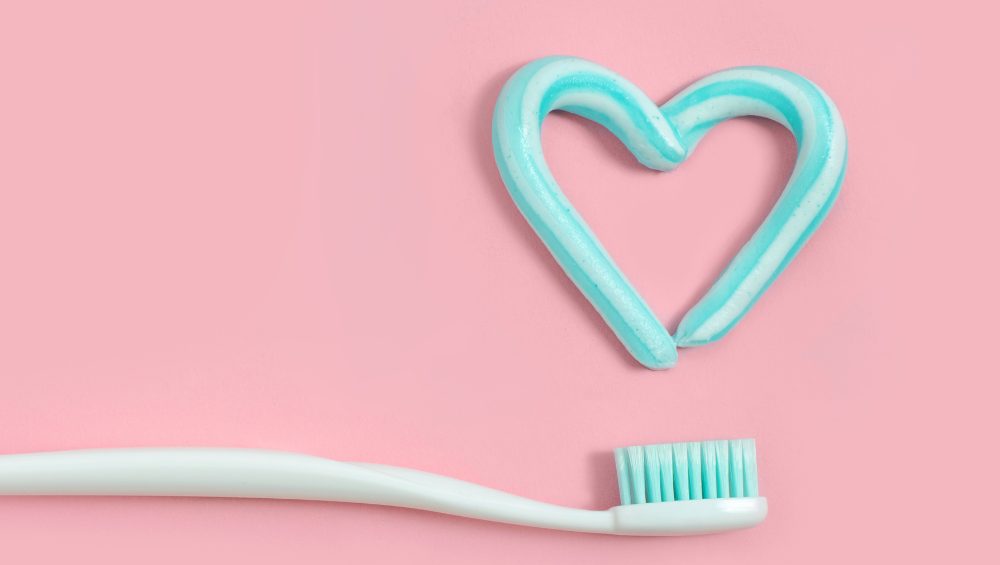
The Keto Diet and Oral Health
January 17, 2020
February is Congenital Heart Defect Awareness Month
February 4, 2020Recently, patients have asked questions about vaping and oral health. Some people see vaping as a healthy alternative to smoking. Yet, it is so new that we lack research on health effects. However, our knowledge is growing daily and researchers identified a few ways that vaping impacts the user’s oral health.
According to a 2019 Gallup poll, 8% of Americans said they used a vaping product within the past week. The rate of use increases with younger adults with 1 in 5 people aged 18 – 29 said they regularly vape. So it is no wonder that people are asking questions about vaping and oral health.
We share the following information because we believe that information empowers people to take charge of their health. The information is not a substitute for dental or medical care. If you have questions, ask your medical professional.
The Basics on How Vaping Works
Before describing how vaping affects your dental health, it helps to understand how vaping works.
People use vaping products to deliver substances, like nicotine, to the lungs. The device makes an aerosol by heating a liquid and transforming it into a vapor that the user can inhale. In addition to the active ingredient, vaping products often include other chemicals, flavorings, and additives.
Sometimes people think vaping must be healthier than smoking or chewing tobacco. The truth is, we don’t know. Vaping is new enough that we just don’t have enough data to make accurate long-term comparisons. However, we are discovering the unhealthy side effects of vaping which appear to be just the tip of an iceberg. As more information emerges, we will be in a better position to evaluate the health effects. Many vaping ingredients like nicotine are known to be harmful to oral health and all aspects of a person’s health.
Is JUUL Different Than An e-Cigarette?
Occasionally, people ask if Juul is different from vaping. For those who don’t know, JUUL is a specific e-cigarette brand that resembles a USB flash drive to deliver a vapor made from nicotine salts. It works very much like other vaping devices and delivers a high concentration of nicotine.
Some people are surprised to learn that a JUUL pod contains a similar amount of nicotine as a pack of cigarettes. Since JUUL are easy to hide and look like a flash drive, they are a source of concern for parents, teachers, and health professionals.
How Vaping Impacts Oral Health
As mentioned, vaping involves heating a liquid to transform it into a vapor you are able to inhale. In the process, the mouth grows warmer making it a comfortable home for harmful bacteria.
A 2018 study found that people who vape had more excess bacteria in their mouths than those who don’t. You may be aware that bacteria build-up is the main source of gum inflammation and tooth decay. So basically, vaping also contributes to the development of gum disease and tooth decay.
In addition, the heat involved in vaping contributes to dry mouth which contributes to tooth decay. Our saliva helps dilute and rinse away bacteria and food particles.
Vaping of stimulants (like nicotine) may increase the likelihood of stress-related conditions like grinding the teeth. For people who already struggle with grinding, quitting smoking and limiting caffeine offer relief in some cases.
Finally, it is likely that both the chemical process and the active ingredients contribute to the cell damage that leads to premature aging. This is one of the reasons that most medical professionals urge people to avoid smoking.
In addition, the effects of other ingredients are not as well known as the effects of nicotine. Some vaping juices include menthol, propylene glycol, and other chemical substances.
Cosmetic Issues With Vaping
Nicotine stains the teeth whether it is delivered through a cigarette, chewing tobacco, or e-cigarette. It also sticks to the tooth enamel so plaque builds up more quickly. If you want to enjoy a radiant smile, consuming nicotine makes that harder to achieve.
Talking With Your Kids About Vaping
Just like you talk with your kids about building healthy habits like brushing and flossing, consider talking with them about vaping. Small vaping products that look like a flash drive make it easier to sneak them into schools, homes and community activities.
In 2017 PLOS One published a study indicating that middle and high school students who vape reported higher incidences of gum bleeding, pain inside their cheek, or broken teeth than students who do not use vaping products. Since the study used self-reported information there may be other factors involved. However, teen vaping has become a top concern among parents, educators and health professionals.
The CDC warned people that vaping may cause harm to the brain development of people younger than 25. They issued infographic resources to help parents learn to recognize popular vaping products and information to discuss.
If You Vape, Pay Extra Attention to Your Dental Hygiene
If you use vaping products we encourage you to quit. While we don’t know the long-term impact on oral and overall health, we do have information about how vaping contributes to gum disease, dry mouth, and tooth decay.
Be sure to discuss your use of vaping products with your dentist. In addition, your daily dental hygiene is even more important. Be sure to:
- Brush your teeth twice a day using a soft-bristled toothbrush
- Floss daily
- Drink water and rinse your mouth after using vaping products
- Consider sucking on sugar-free candies or mints to help prevent dry mouth.
- Quit or limit your usage
- Talk with your doctor for advice on quitting if you are unable to quit on your own.
- Visit your dentist as scheduled for a professional cleaning and examination.
Talk With a Trusted Dental Professional about Vaping and Oral Health
We hope this article on vaping and oral health is helpful. Members of the Charlotte, NC community have trusted their smiles to Southview Dentistry for over ten years. Contact us today to schedule your appointment.




